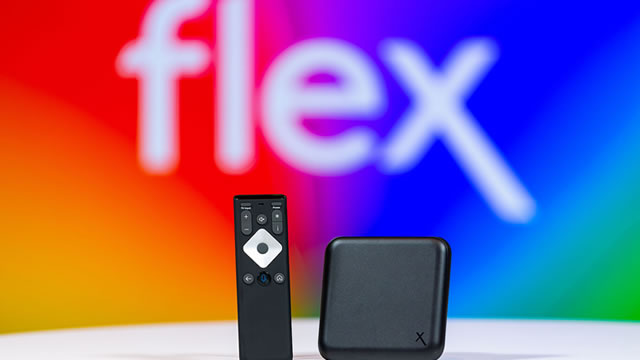Palantir Technologies’ Maven Smart System Acquired by NATO: A Game-Changer in Military Operations
The technological landscape is continually evolving, and one company that has been making waves in the industry is Palantir Technologies Inc (PLTR). Recently, the company announced that NATO (North Atlantic Treaty Organization) has officially acquired its AI-enabled Maven Smart System NATO (MSS NATO) for military operations. This news sent Palantir’s stock chart soaring, with a 9% jump in value.
What is Maven Smart System NATO (MSS NATO)?
MSS NATO is a data integration and analytics platform designed to help military organizations make informed decisions in real-time. The system is built on Palantir’s Foundry software, which allows users to link and analyze data from various sources, including satellite imagery, social media, and other intelligence sources. The AI capabilities of MSS NATO enable it to identify patterns and anomalies in the data, providing analysts with valuable insights.
The Impact on Palantir Technologies
The acquisition of MSS NATO by NATO is a significant win for Palantir. The deal is worth over $100 million and is expected to generate additional revenue for the company in the future. Moreover, it validates Palantir’s technology and its potential applications in the military sector. The success of MSS NATO could lead to further contracts and partnerships with other military organizations around the world.
The Impact on Individuals
For individuals, the acquisition of MSS NATO by NATO may not have an immediate impact. However, it is essential to recognize the broader implications of such technology in the military sector. The use of advanced analytics and AI in military operations could lead to more efficient and effective decision-making, potentially reducing the risk of human error and saving lives. Moreover, the development and deployment of such technology could create new jobs and opportunities in the tech industry.
The Impact on the World
The acquisition of MSS NATO by NATO is a significant development in the military technology landscape. It represents a shift towards more advanced and data-driven military operations. The use of AI and analytics in military decision-making could lead to more effective and efficient operations, potentially reducing the risk of human error and saving lives. However, it also raises concerns about privacy and the potential misuse of such technology. As military organizations around the world invest in similar technology, it is essential to have a robust regulatory framework in place to ensure that such technology is used ethically and responsibly.
Conclusion
The acquisition of MSS NATO by NATO is a significant development for Palantir Technologies and the military technology landscape. It represents a shift towards more advanced and data-driven military operations, with the potential to save lives and reduce the risk of human error. However, it also raises concerns about privacy and the potential misuse of such technology. As Palantir and other companies continue to develop and deploy advanced analytics and AI in the military sector, it is essential to have a robust regulatory framework in place to ensure that such technology is used ethically and responsibly. Ultimately, the use of technology in military operations is a complex issue, and it is essential to consider both the potential benefits and risks as we move forward.
- Palantir Technologies Inc (PLTR) announced that NATO has officially acquired its AI-enabled Maven Smart System NATO (MSS NATO) for military operations.
- MSS NATO is a data integration and analytics platform designed to help military organizations make informed decisions in real-time.
- The acquisition is worth over $100 million and is expected to generate additional revenue for Palantir in the future.
- The use of advanced analytics and AI in military operations could lead to more efficient and effective decision-making, potentially reducing the risk of human error and saving lives.
- However, it also raises concerns about privacy and the potential misuse of such technology.
- It is essential to have a robust regulatory framework in place to ensure that such technology is used ethically and responsibly.





